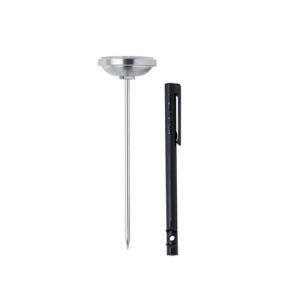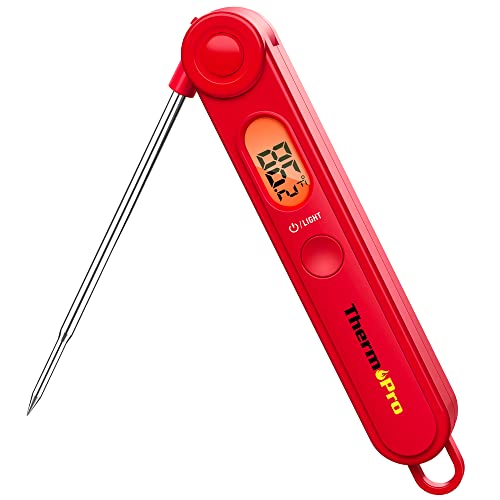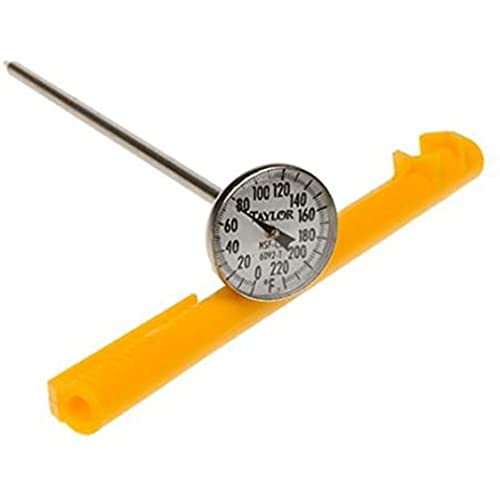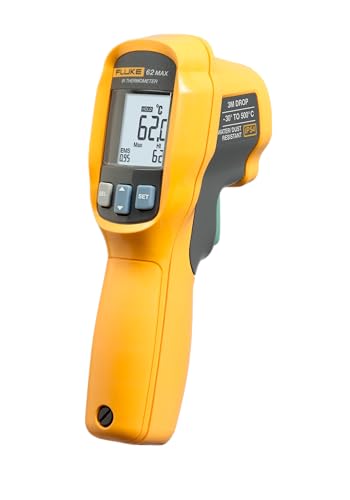Thermometers are essential tools when making soap and cosmetics by hand, as precise temperature control is crucial to achieving the best results. In soap making, the temperature of both the oils and the lye solution significantly impacts the success of the process. If the mixture is too hot or too cold, it can affect the saponification process, resulting in a less than ideal texture, or even prevent the soap from setting properly. A thermometer allows soap makers to monitor the temperature of their oils and lye mixture to ensure they reach the optimal range, typically between 95°F and 105°F (35°C to 40°C), before combining them. This ensures smooth emulsification and helps maintain control over trace, particularly when adding colorants or fragrances that could be sensitive to heat.
In cosmetic formulations, thermometers are equally important for accurately heating and cooling ingredients like oils, waxes, and butters during the creation of lotions, creams, and balms. Some ingredients, such as beeswax, shea butter, and emulsifiers, require precise temperatures to melt and blend without degrading or separating. Using a thermometer helps prevent overheating, which could destroy beneficial properties, or underheating, which might result in inconsistent texture. Additionally, many skincare recipes involve cooling phases where specific temperatures are necessary for proper emulsification or crystallization. Whether you're making soap, lotions, or balms, a thermometer ensures that each ingredient is treated at its ideal temperature, contributing to a high-quality final product with the right texture, consistency, and performance.



